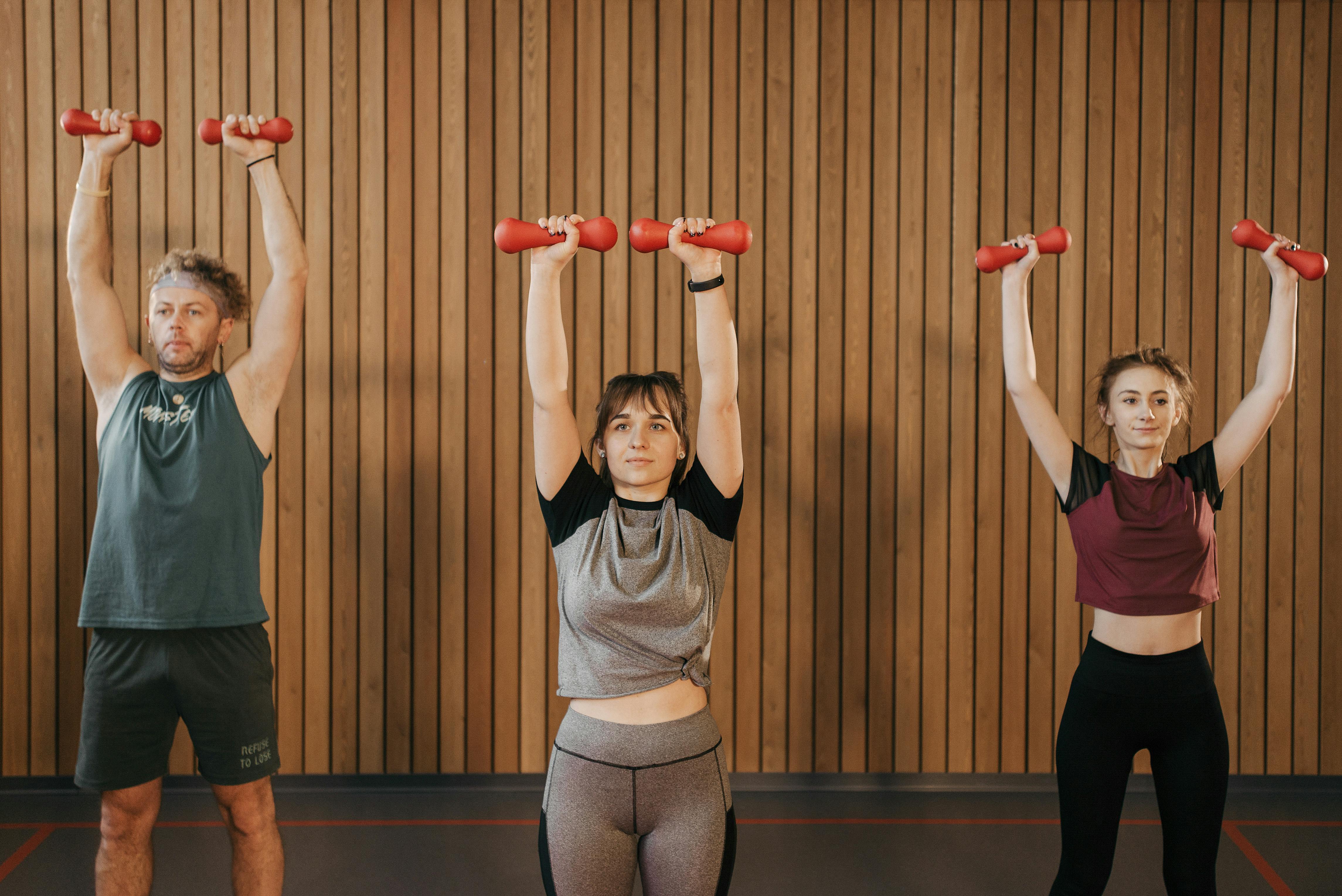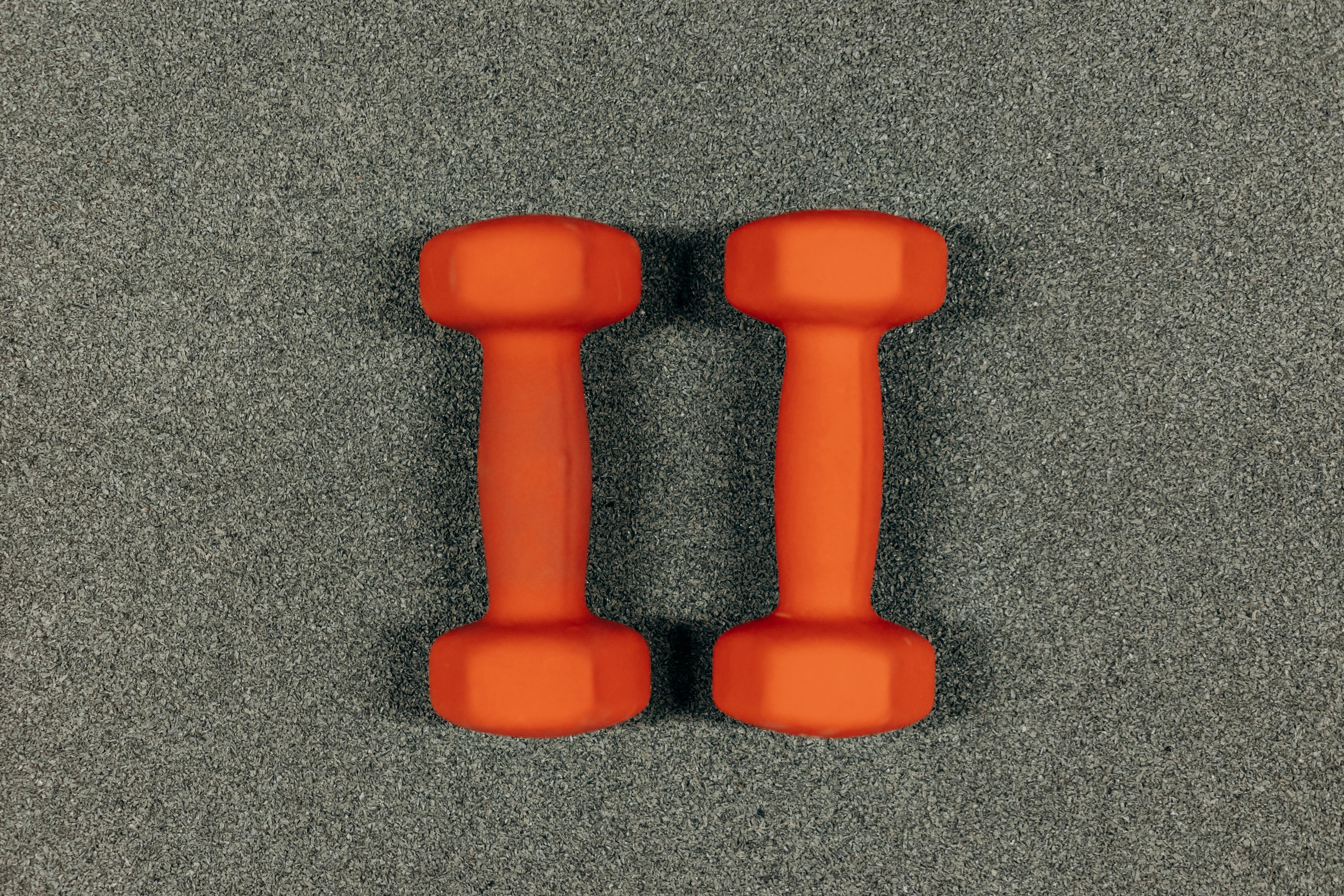Obesity: a global epidemic
Obesity is now a global epidemic. It’s no longer just a few burly people here and there. When I was a kid growing up in the 1950’s there was rarely a kid in my classroom who was obese, now it’s normal to see a classroom full of overweight kids. Why has this happened? First of all, lack of exercise has become normal. Most schools no longer have outdoor recreation breaks. Second, we have become a society of babysitters. Most of people’s activity is walking to the refrigerator and back to the computer or TV.
The food consumed today is quite recreational; there is very little nutritional value which is why vitamins have become so popular. One of the reasons why natural supplements are needed today is based on the fact that our food no longer contains nutrients. Also due to time and convenience, people eat on the run. This makes the need for natural supplements greater. In many years of practice, as a naturopathic doctor, I have found that sometimes it is better to give a natural supplement and let the person continue to eat as charged. I find it important to work with people’s lifestyles. Changing a person’s way of life is sometimes too difficult for that person.
In 1940, processed foods made up just 10% of the American diet. In 1970 it made up 50% of the American diet. As of 2009, processed foods make up more than 85% of the American diet. For budget and convenience reasons, people choose chemically altered processed foods. Unfortunately, this results in food shortages and illness, leading to very expensive medical and hospital bills. Third world countries have less heart disease and cancer than the United States due to lower consumption of chemically altered processed foods. Simply put, they eat more whole foods.
There is no doubt that food technology is largely responsible for a mass diet deficient in optimal whole foods. Due to economics and distribution, the food industry has processed the natural nutrients in food. Even food grown in the soil is chemically treated. Since the 19th century, canning and food milling technology has led to processed foods making up the majority of people’s diets.
When our food is hydrogenated, homogenized, refined, microwaved, preserved, emulsified, pasteurized, chemically, colored, bleached, and sterilized, what actual nutrition do you expect to receive from these foods? No nutrition. This causes the body to crave more food because it needs proper nutrition. With twenty years of experience dealing with people with all kinds of weight problems, I have found a diet that works easily without causing radical changes quickly and this transition is easy because your body receives nutrition before starting the diet.
Always consult your doctor before beginning any weight loss program.
This is the program I have used successfully, as a naturopathic doctor, for many years to help my clients lose weight.
The most successful weight loss I had from a client was 100lbs. following this program.
Give this program a month and you will see that you do not have excessive food cravings. Supplements are an absolute must to work on every part of the digestive system as well as to suppress your appetite. Without taking the supplements, you will have problems with hunger. This program prevents you from being hungry, thus reducing the dreaded word “Willpower”.
Necessary supplements:
1. Powdered fiber supplement, removes waste and lowers cholesterol.
2. Capsules L Glutamine 1,000mg, amino acid to suppress appetite, non-stimulant
3. 1,200mg lecithin capsules, to eliminate fat. Virtually anyone who wants to help their body better process fats and their
or your mind works better you should supplement with lecithin.
4. Capsules of Digestive Enzymes, for the complete absorption of food
5. Chromium 200 micrograms, suppresses appetite, no stimulant effects
6. Multi Vitamin- The best is from GNC and its name is “Multi Gel” you will have to ask for someone in the store to help you find it.
7. Co Enzyme Q10 Softgel Capsules 100 mg, to increase energy and well-being
8. Alfafa powder
9. Calcium and magnesium capsule, to relax muscles and help sleep
For the first two weeks of this program, all you need to do is take the supplements. Within two weeks, these supplements will begin to fill your body with the nutrients it needs, reducing your hunger.
Program to Follow Faithfully:
First thing in the morning take 1 teaspoon. of powdered fiber with a large glass of water with 1/2 tsp. alfalfa powder. 30 minutes later, take one L-Glutamine capsule with a second glass of water. Wait an hour and then have breakfast.
With breakfast, take two Digestive Enzymes capsules, two Lecithin capsules, one Chromium capsule, one Multivitamin capsule and one Co-Enzyme Q10 capsule between meals.
One hour before lunch, take one Glutamine capsule with a large glass of water.
At lunchtime Again, take two Digestive Enzymes capsules, two Lecithin capsules, one Chromium capsule and one Co Enzyme Q10 capsule midway between meals.
One hour before dinner, take a Glutamine capsule with a large glass of water.
At dinner, take two Digestive Enzymes capsules, two Lecithin capsules, one Chromium tablet, one Multi Vitamin and one Co Enzyme Q10 between meals.
Take 1 tsp. powdered fiber with 1/2 tsp. of alfalfa power with a glass of water one hour before bedtime.
At bedtime take the calcium and magnesium capsule.
Diet program, to start two weeks after starting the supplement program:
Continue taking the supplements just as you did for the first two weeks.
Breakfast:
Take one or two poached eggs, the Lecithin absorbs the fat. Studies have shown that people who eat eggs in the morning are less hungry during the day. With a toast. OR 2 low-sodium rice cakes; wide, 1 1/2 tbsp. soy butter, 2 slices vegan bacon substitute, 1/2 cup milk substitute, 1 serving of fruit of choice
Mid-morning snack: fruit
Lunch can be chicken, turkey, fish, tofu, soup, or any other protein. Along with vegetables and a piece of bread or a few crackers.
In the afternoon, snack on a handful of nuts, yogurt with fruit, or cheese with crackers.
Dinner can be chicken, turkey, fish, tofu, soup, or any other protein. Along with vegetables and a potato.
Afternoon snack: popcorn, pretzels, yogurt and/or cheese, or fruit.
10 foods to eat every week
Fish
Twice a week
The omega-3 fatty acids found in high-fat fish may help maintain normal heart function, prevent platelets from clotting, and promote healthy blood pressure.
Options: salmon, tuna, mackerel, sardines, swordfish
Beans
3-4 times a week
Provide plenty of fiber, which lowers LDL (“bad” cholesterol); If beans are a substitute for animal meat, they reduce saturated fat in your diet, which also lowers LDL cholesterol and prevents hardening of the arteries.
Option: soy products like tofu or soy patties
cruciferous vegetables
Every day
It provides generous amounts of fiber and micronutrients that lower LDL cholesterol and prevent hardening of the arteries.
Options: broccoli, cauliflower, Brussels sprouts, cabbage
brightly colored vegetables
Every day
Fiber and micronutrients lower LDL cholesterol and prevent hardening of the arteries. These are also low in calories, which helps keep weight down, which also reduces the risk of heart disease.
Options: spinach, romaine lettuce, winter squash, carrots, bell peppers
fruits
Every day
Fiber and micronutrients lower LDL cholesterol and prevent hardening of the arteries.
Options: any fresh fruit: apples, peaches, plums, apricots, berries; dried fruit; frozen fruit; even canned fruit (no fruit juice because it has no fiber)
Whole grains
Every day
Fiber and micronutrients lower LDL cholesterol and lower the risk of heart disease
Options: whole wheat bread, brown rice, oatmeal and popcorn
Canola and soybean oil
Every day
(Use when cooking to replace butter, margarine, or shortening.)
These oils are high in omega-3 fatty acids, which can help maintain normal heart function, prevent platelets from clotting, and promote healthy blood pressure. They are also high in unsaturated fats, which lower LDL cholesterol.
Options: spreads to lower cholesterol
Low-fat and fat-free dairy products
Every day
These products reduce the risk of heart disease if they replace full-fat dairy products.
Options: buttermilk and low-fat or fat-free milk, cottage cheese, yogurt
Alcohol
Every day
(Only 1 drink for women, 2 drinks for men, only if you already drink).
Alcohol has been shown to raise HDL (“good”) cholesterol, which lowers the risk of heart disease.
Options: a 12-ounce beer, 5 ounces of wine, 1.5 ounces of 80-proof liquor.
The occasional deal
From time to time
Eat something you like, but in moderation.
Options: Slice of birthday cake, chocolate on Valentine’s Day
Plus! A generous serving of exercise every day
Make sure you accumulate 30 minutes of exercise each day. Helps maintain LDL and HDL cholesterol levels in good condition.
Options: walking, stair climbing, running, biking, whatever you enjoy.



